6. The Driver (1978)
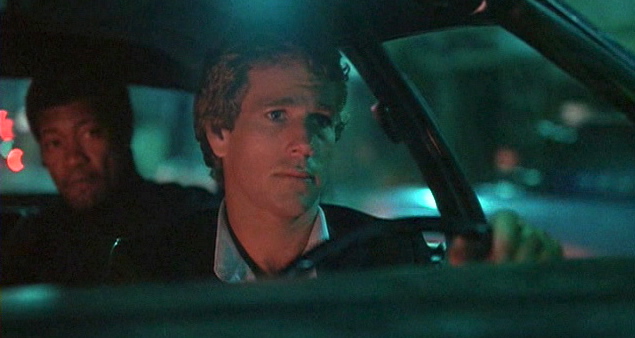
Another hugely influential genre filmmaker is Walter Hill, though he may not be thought of as such by many. Sure, he’s not an all-encompassing cinematic force like Hitchcock or Welles, but there’s a subsect of highly popular directors today, from Edgar Wright to Tarantino, who walk in the path first threaded by Hill.
Naturally, del Toro is one such fan, claiming particular admiration for “The Driver,” one of Hill’s most beloved triumphs. Himself a student of Melville, Hill’s film is one of the greatest Americanizations of his style, seamlessly recreating the silent, melancholic outlaw archetype the French director had perfected and infusing it with a sensibility all his own.
It’s the rare art action film; adrenaline fueled, of course, but also deeply existential and visually sophisticated, like a high-octane Edward Hopper painting.
7. Blow Out (1981)
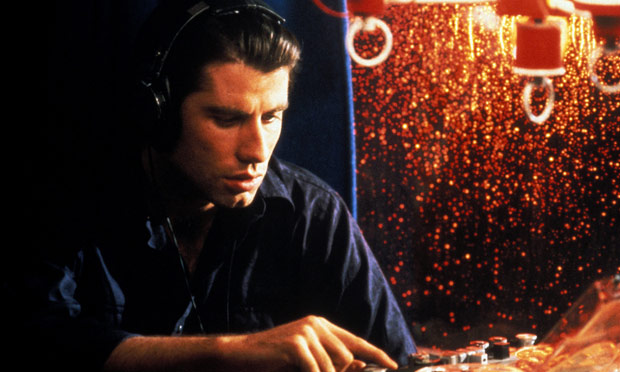
A paranoia thriller; a political film; an allegory for the filmmaking process – there’s no end to the many ways one can read Brian De Palma’s masterpiece “Blow Out,” but regardless of what theme one ascribes to the film, there’s one thing everybody can agree on: it’s some of the most brilliant filmmaking ever accomplished.
De Palma has always been the least celebrated or recognised (in terms of awards, critical and audience adoration, box office returns) of the Movie Brats, that famed group of ‘70s directors who have each become legends in their own way. Maybe that’s due to the fact that he made fewer prestige pictures or audience friendly fare. But whatever the reason, it has nothing to do with his talent as a filmmaker – and “Blow Out” may be his biggest claim to the much deserved title of master.
It’s a sublimely crafted film with De Palma throwing one perfectly composed shot after another; it works wonderfully as a thriller and it’s rich in subtext and meta undertones. Leave it to del Toro to best sum up the brilliance of “Blow Out”: “Starts as a political thriller and ends up as a meditation on the cannibalistic nature of art.”
8. Angel Heart (1987)
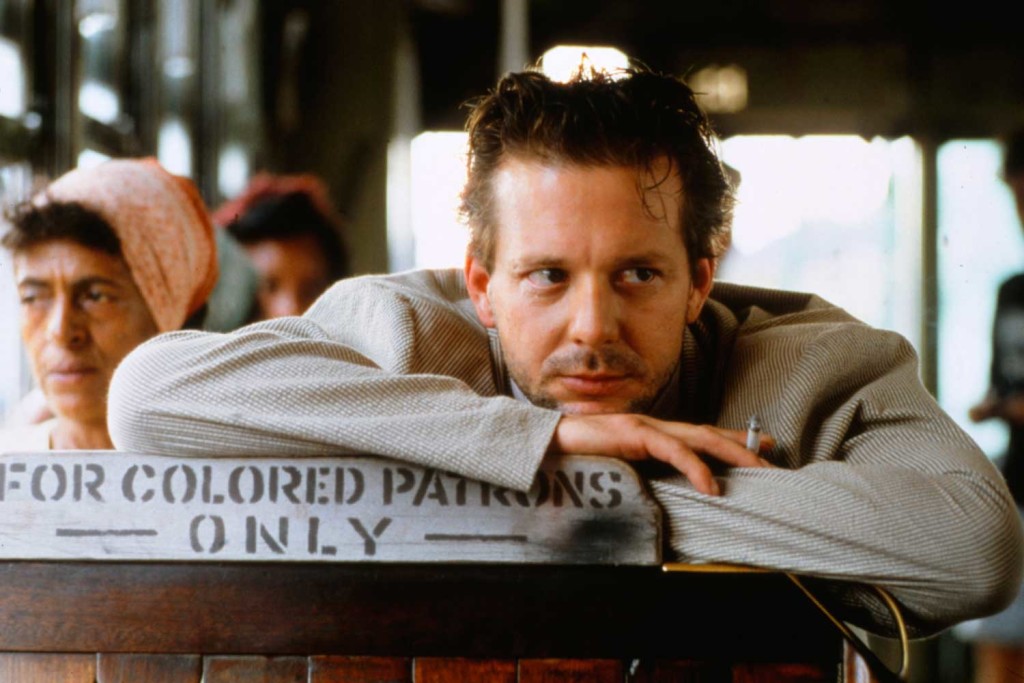
Part neo-noir, part supernatural tale, all parts amazing: Alan Parker’s “Angel Heart” is a criminally underrated movie that, in a just world, would’ve been immediately recognised as great and heralded today as a classic.
Alas, to everyone’s surprise, the world is unjust and “Angel Heart” lives in relative obscurity. Still, it’s ripe for rediscovery, for the film’s quality has not been diluted in the least by the many years since it’s release. It’s filled with incredible performances (Rourke, Bonet and De Niro are excellent) and sturdy craft. Parker was never exactly a great director, but he was a terrific visual stylist, and this movie might be his best effort in that regard, with its gorgeous chiaroscuro lighting and precise production designs and location work.
Del Toro enthusiastically recommends “Angel Heart,” calling it “an amazing movie, a perfect Rourke. A Borges-like noir mystery. An audiovisual feast.”
9. Miami Blues (1990)
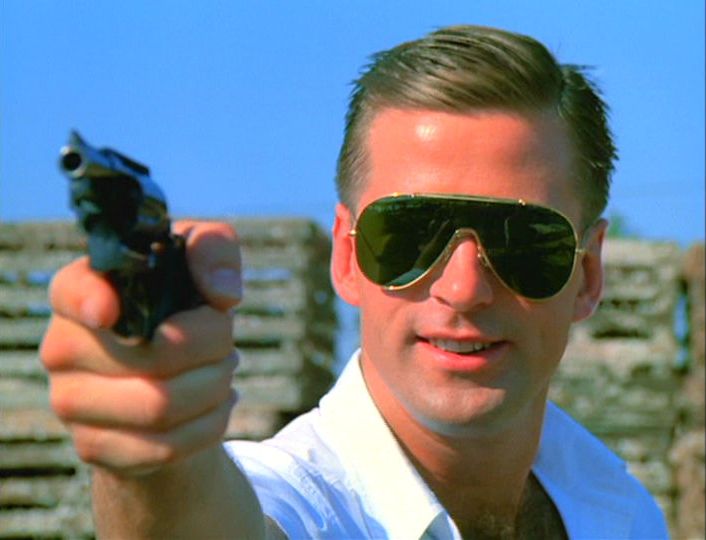
Of all genres, crime was perhaps the one that most benefited from the dawn of independent American cinema in the 90s – after all, it was the decade of Tarantino, the Coens, and Soderbergh, among countless others.
One of the gems to have come out of that wave is “Miami Blues,” a sharp, slick, funny and downright absurd little crime picture that is made memorable by its exceptional cast (Alec Baldwin, in particular, has never been better) and by magnificent tonal control. In fact, it’s a miracle what director George Armitage manages to pull off here: it’s a fun caper with uber-dark undertones, about a very charming but completely unrepentant sociopath – a balance of comedy and commentary that many have tried to achieve, but few have done with the easiness accomplished here.
That balance, of course, is due, as del Toro explains, to “high-precision acting and writing.” The director is such a fan that he even calls the film “one of the key sunny-noir movies of the end of the 20th century.” High praise indeed.
10. I Saw the Devil (2010)
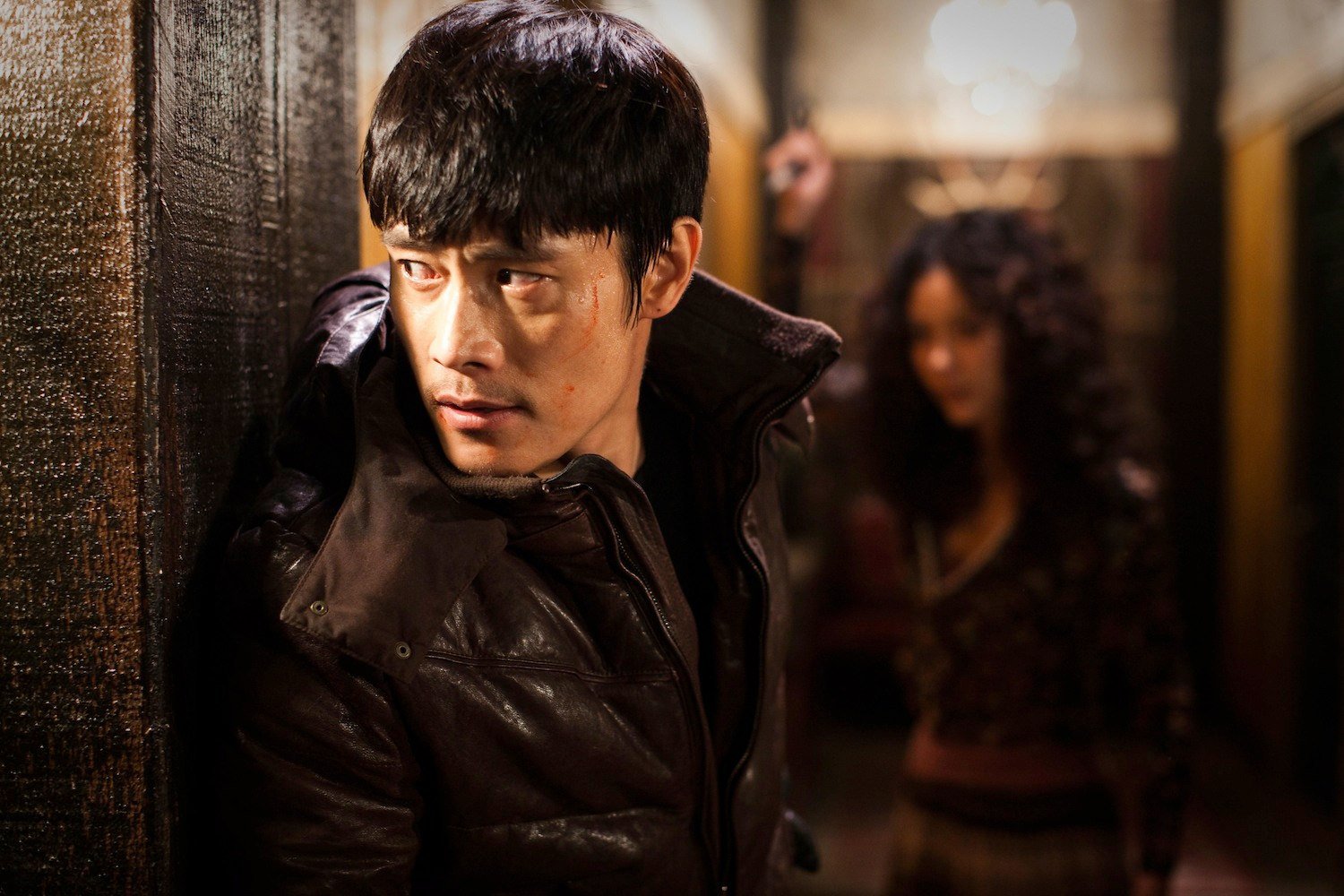
In the 21st century, the best crime cinema comes from South Korea. That country’s industry has given the world the likes of Park Chan-wook and Bong Joon-ho, to mention just two of the most popular masters who specialize in genre cinema.
Less known in the West but just as brilliant is Kim Jee-woon, the director behind such superlative pictures as “A Bittersweet Life,” “A Tale of Two Sisters” and “The Age of Shadows.” Still, his biggest triumph, on multiple levels, continues to be “I Saw the Devil,” the hyper-violent revenge thriller that became an international hit.
And for good reason: the film’s gleeful gallows violence, coupled with Kim’s virtuoso camera movements (so mobile and precise it’s acrobatic), is enough to impress anyone’s lizard brain – but what ultimately gives “I Saw the Devil” its haunting staying power is the weight given to the carnage.
Del Toro, naturally, loves it deeply, calling the film: “Breathtaking. One of the most relentless films ever. The FURY ROAD of serial killers.”